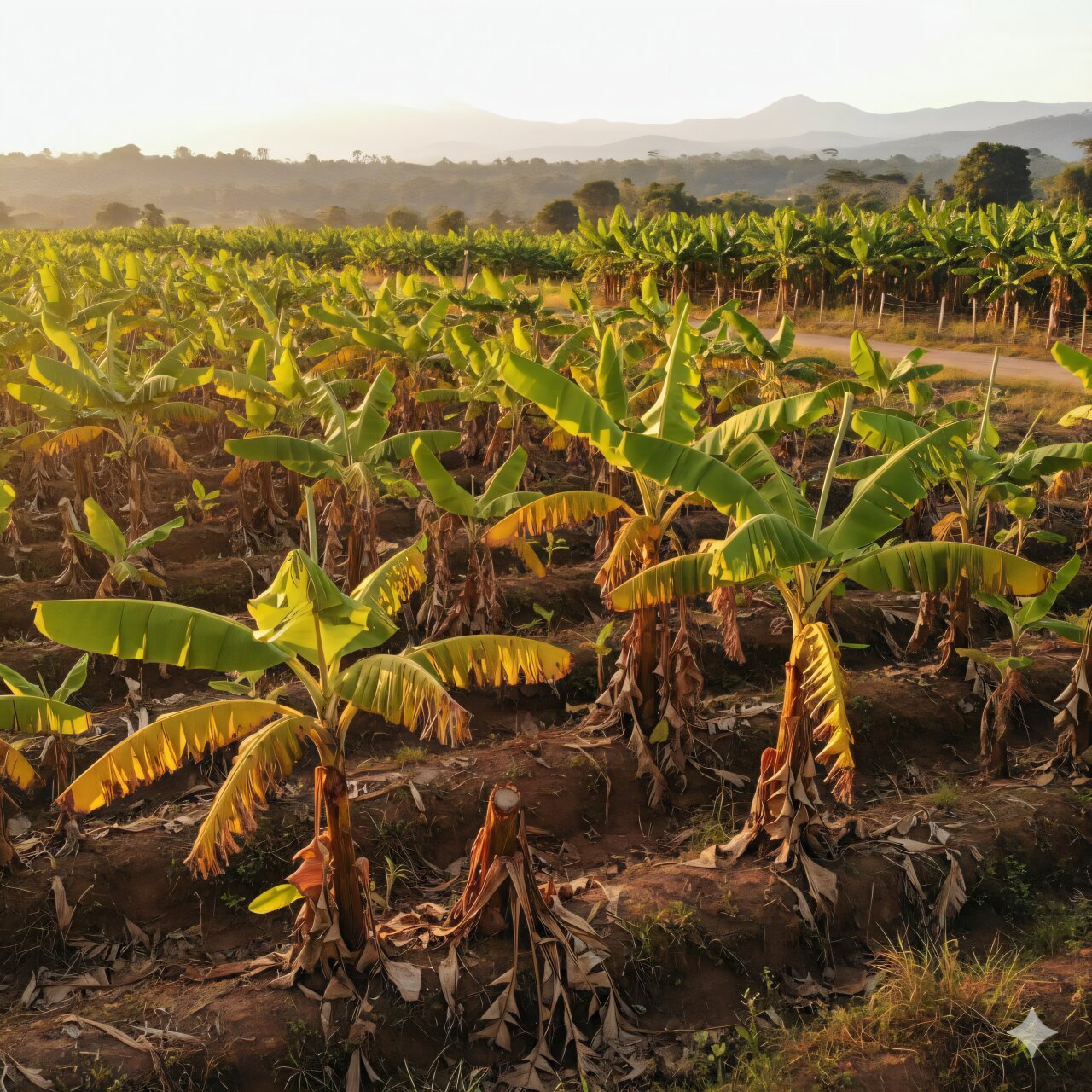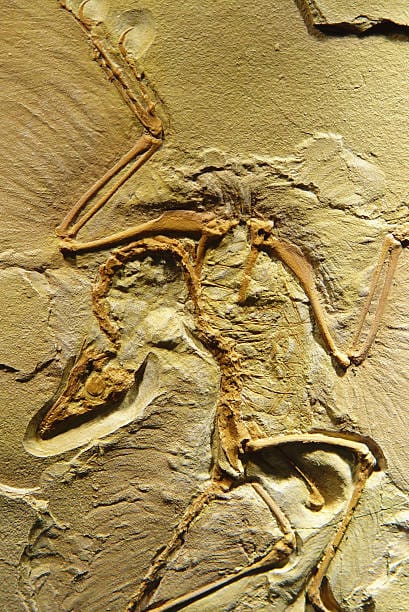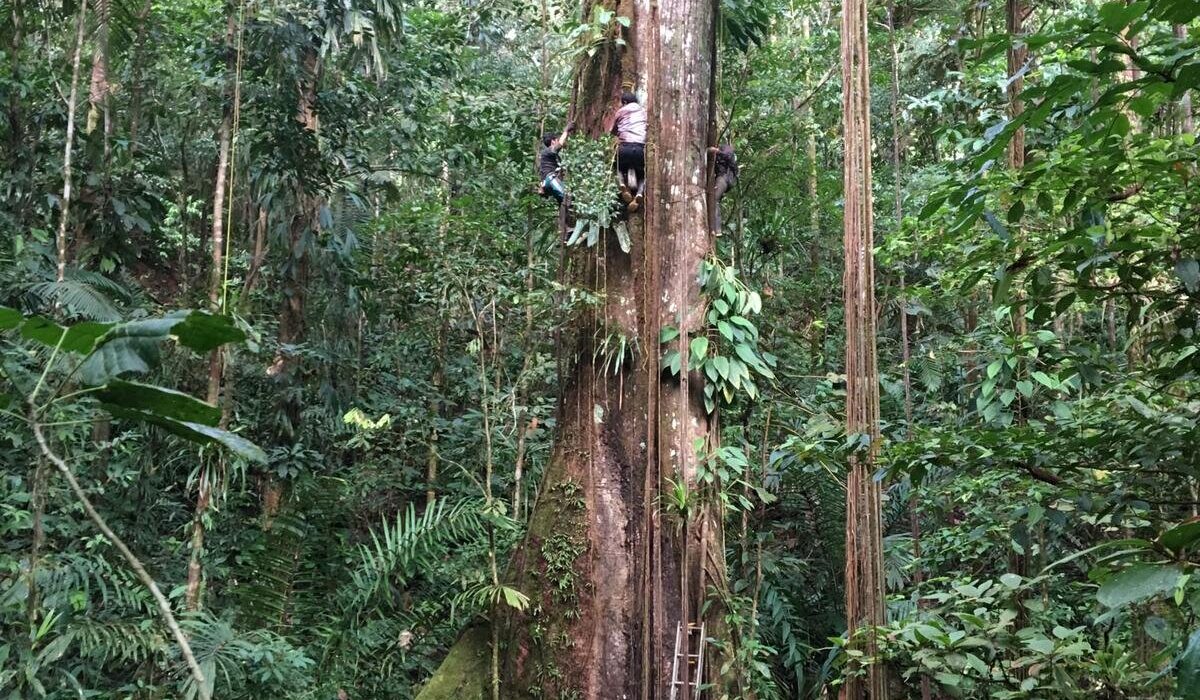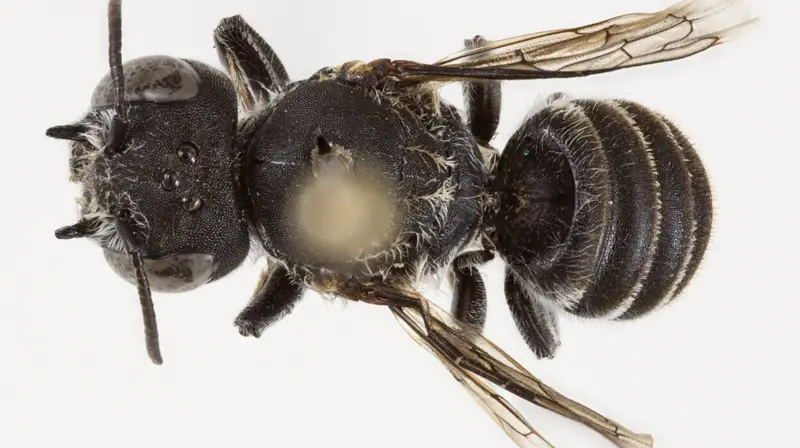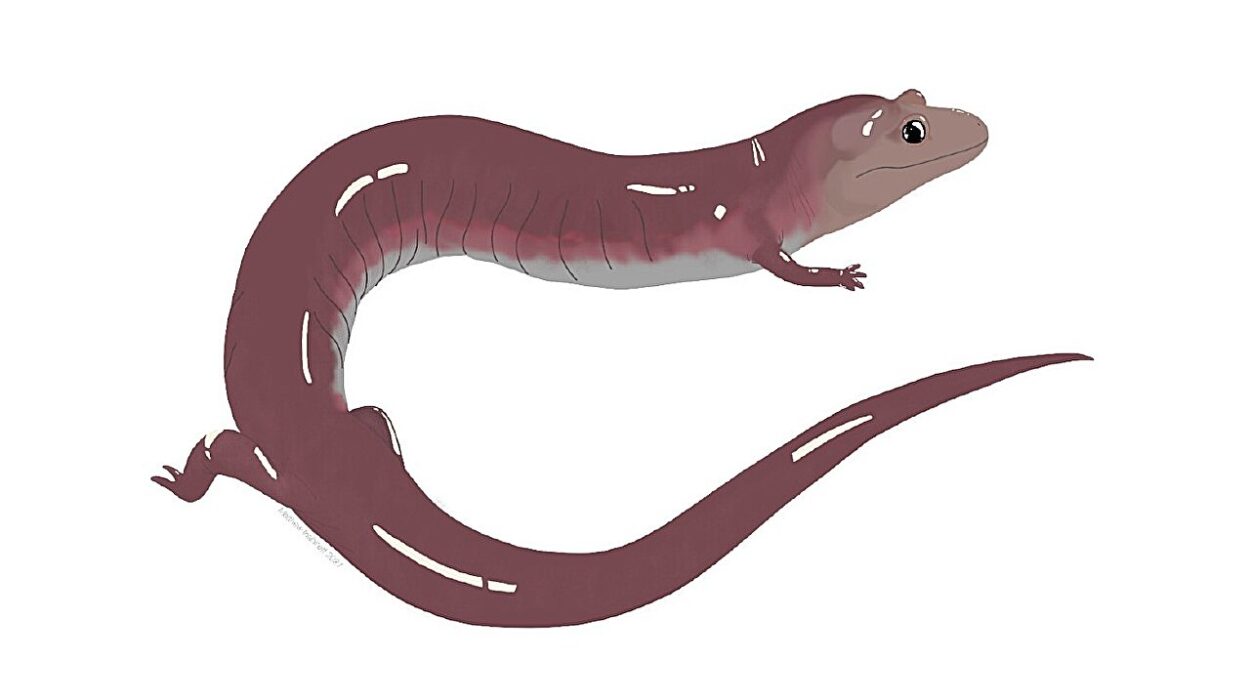In Ecuador’s banana fields, where endless rows of green plants stretch toward the horizon, a quiet menace has shaped the fears of farmers for generations. Fusarium wilt, a disease caused by the fungus Fusarium oxysporum f.sp. cubense, has long haunted the roots of these plants, slipping into the soil, disrupting water and nutrient flow, and ultimately killing the banana trees that millions depend on. For decades, this pathogen has endured every attempt to control it, outlasting fungicides, quarantines, and containment measures. Its most aggressive variant, Tropical Race 4, can survive in the ground for decades. It is, as many growers have learned the hard way, nearly impossible to eradicate.
Ecuador, the world’s largest banana exporter, knows this battle better than most. Banana cultivation is more than an agricultural activity here; it sustains thousands of livelihoods and fuels an entire corner of the global economy. When a disease threatens the crop, it threatens far more than plants. It threatens families, communities, and a nation’s stability.
Yet in laboratories far from the fields, a new chapter is being written—one where the story of Fusarium wilt may finally change.
The Moment Scientists Stopped Chasing and Started Disarming
For years, the scientific world has tried to defend banana plants by working around the pathogen: replacing crops, tightening sanitation measures, or applying treatments that the fungus often resisted. But the inability to truly control the disease pushed researchers to imagine a different approach. Instead of treating the plant, what if they directly weakened the enemy?
A team of Ecuadorian scientists decided to take this leap. They turned to CRISPR-Cas9—the genetic editing tool known for its precision, its speed, and its ability to make targeted cuts in DNA. Their idea was bold and unconventional: edit the fungus itself.
The team developed a biotechnological strategy using in vitro genetic editing to focus on one of the fungus’s key weapons, a gene called SIX9. This gene belongs to the Secreted in Xylem family, a set of genes activated during the colonization of the plant. These genes help the fungus invade, spread, and ultimately destroy banana tissues. The researchers reasoned that if they could deactivate SIX9, they might blunt the pathogen’s aggressiveness.
Their results showed exactly that. By disrupting the SIX9 gene, they weakened the fungus’s ability to cause disease, “reducing its aggressiveness at the molecular level,” as the study explains. Instead of a lethal force moving through the plant’s vascular system, the altered fungus became an attenuated version of itself, far less capable of harm.
A New Way to Fight a Relentless Foe
What makes this approach remarkable is how dramatically it differs from anything tried before. Traditional strategies rely on managing the plant or the environment around it. But this method changes the pathogen directly, shifting the dynamic entirely. It opens the door to producing attenuated strains that could be used as research models or even as biological agents to outcompete more dangerous strains in the field.
The implications are enormous. This type of genetic intervention is rapid, replicable, and scalable. It offers a realistic path for other research centers to adopt similar methodologies, either for Fusarium wilt or for other fungal diseases that afflict tropical agriculture. Instead of being trapped in a cycle of damage and response, scientists could move toward active biological disarmament of pathogens.
The study that achieved this breakthrough, titled “Optimization of a CRISPR-Cas9 in vitro protocol for targeting the SIX9 gene of Fusarium oxysporum f.sp. cubense race 1 associated with banana Fusarium wilt,” emphasizes how local scientific innovation can create solutions with global relevance. In a world where pathogens travel more freely due to climate change and international trade, such approaches could redefine agricultural resilience.
Ecuador Steps Into Scientific Leadership
Beyond the technical achievement, this research has elevated Ecuador’s standing in agricultural biotechnology. In a country where banana production is both an economic pillar and a source of national identity, protecting this crop is not just a scientific challenge—it is a matter of long-term stability.
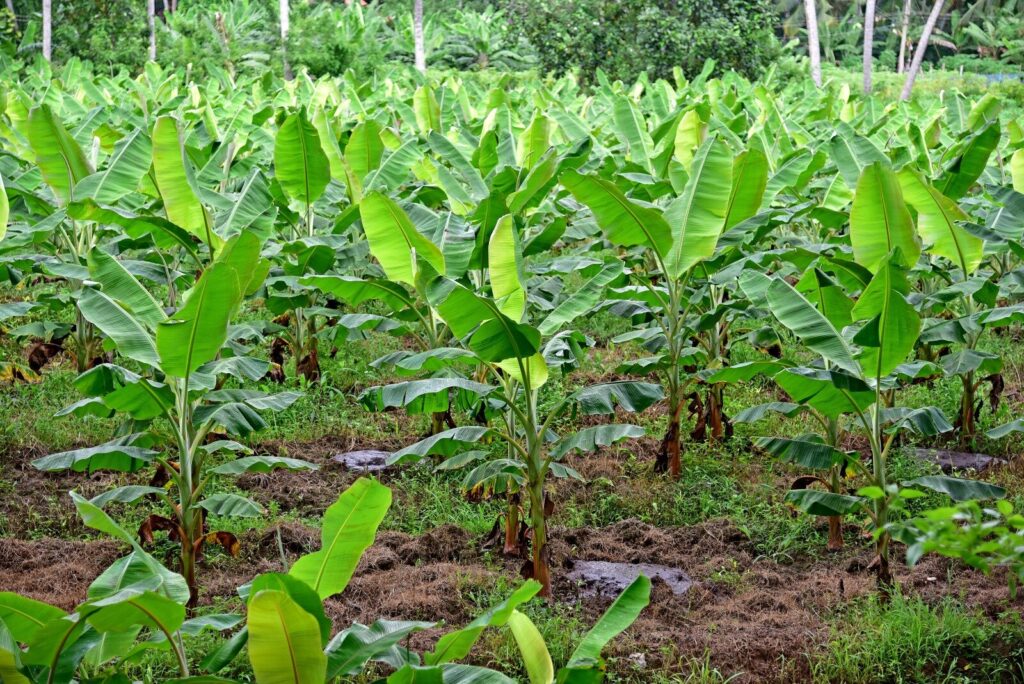
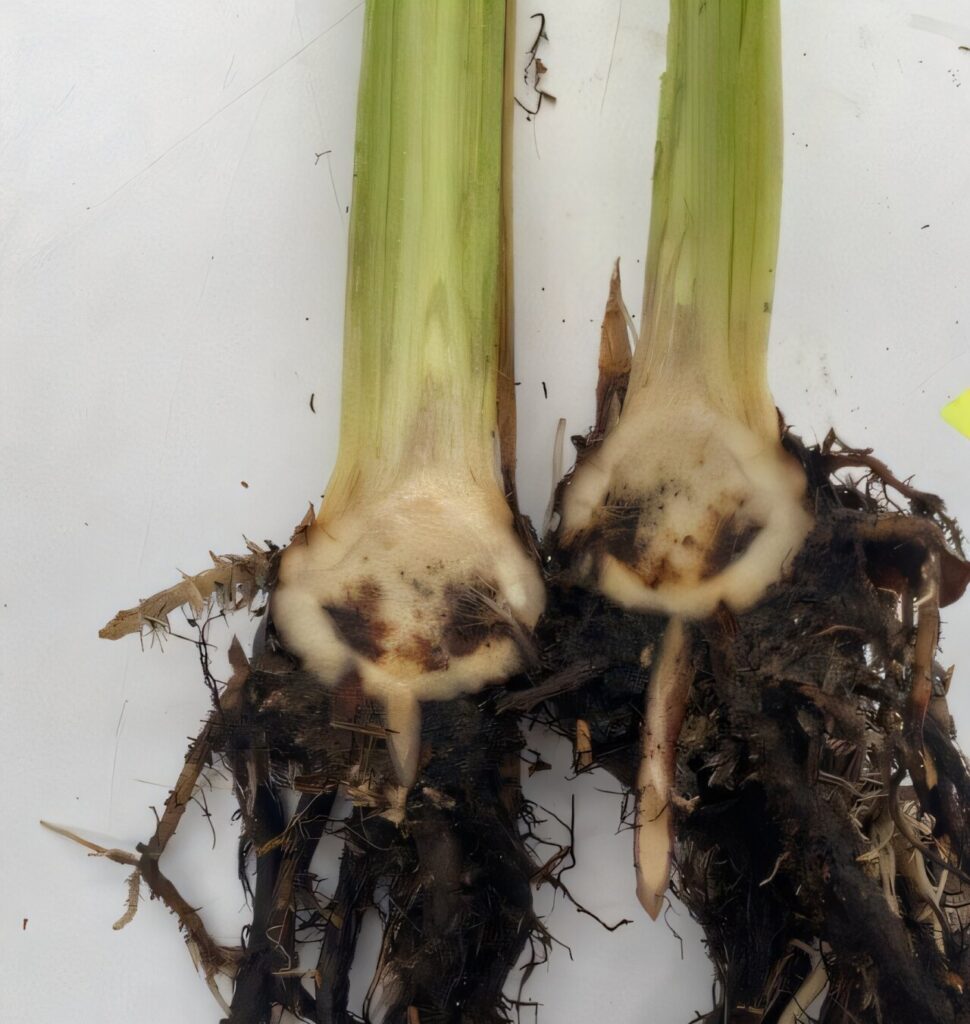
By designing a strategy that weakens Fusarium at its genetic core, Ecuadorian researchers have shown that a nation does not need vast resources to contribute groundbreaking solutions to global problems. They have demonstrated that innovation can emerge from the very places most affected by agricultural crises, creating new scientific pathways for others to follow.
Their work signals a major shift: instead of being reactive victims of spreading pathogens, tropical countries can become leaders in designing strategic responses.
Why This Research Matters
The stakes surrounding Fusarium wilt are immense. As climate change intensifies, as global trade accelerates, and as food demand rises, diseases like this one are poised to become even more destructive. The fungus’s ability to thrive in diverse environments makes it a formidable adversary, and the economic dependence on bananas in tropical regions amplifies the urgency.
This research matters because it transforms the fight against Fusarium wilt from a defensive struggle into a strategic offensive. It offers a sustainable, scientifically grounded way to protect crops that feed millions and support entire economies. It also signals a future in which biotechnology helps reshape agricultural landscapes, giving communities the tools to build resilience in the face of unpredictable threats.
Above all, it shows that even the most persistent enemies can be disarmed when science dares to meet them at the molecular level, rewriting the story of a disease that once seemed unstoppable.
More information: Liliana Villao et al, Optimization of a CRISPR-Cas9 in vitro protocol for targeting the SIX9 gene of Fusarium oxysporum f.sp. cubense race 1 associated with banana Fusarium wilt, Frontiers in Plant Science (2025). DOI: 10.3389/fpls.2025.1523884
